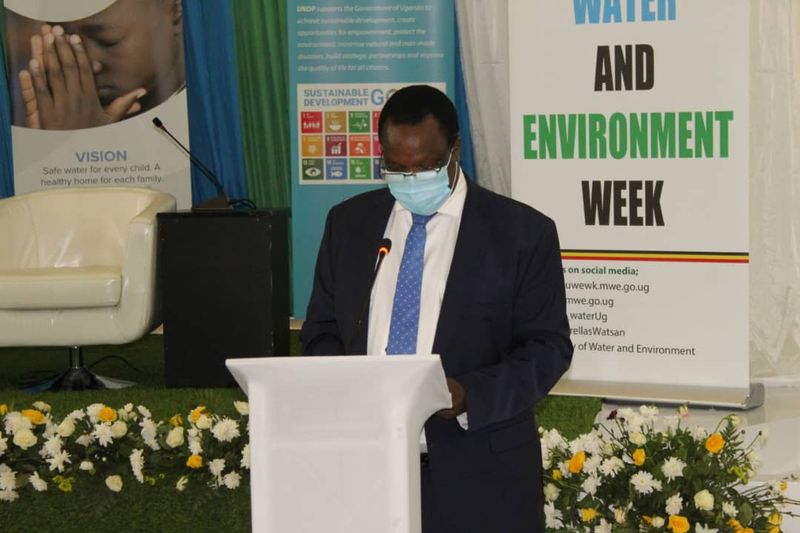

Minister Sam Cheptoris
The government of Uganda has shown fears over the increased pressure on environment and natural resources despite their importance.
“Environment and natural resources are under increasing pressure despite their importance in ensuring water and environment security and social and economic growth,” the Minister for Water and Environment Sam Cheptoris revealed at the launch of the fourth edition of the annual environment week
Cheptoris who was representing the Prime Minister at the event said the forest cover has declined from 24% of Uganda’s total land area in 1990 to 12.4% currently, where the depletion is majorly attributed to biomass fuel cooking/combustion with other auxiliary drivers such as expansion of agricultural land, sporadic urbanization, and income poverty, industrialization and inadequate incentives for private plantation forests.
“About 90% of Ugandans use fire wood and charcoal for cooking. Other challenges include encroachment, illegal harvesting and titling, similarly, the national wetlands coverage as a percentage of the total land area declined from 15.6% in 1994 to 8.9% currently,” he said.
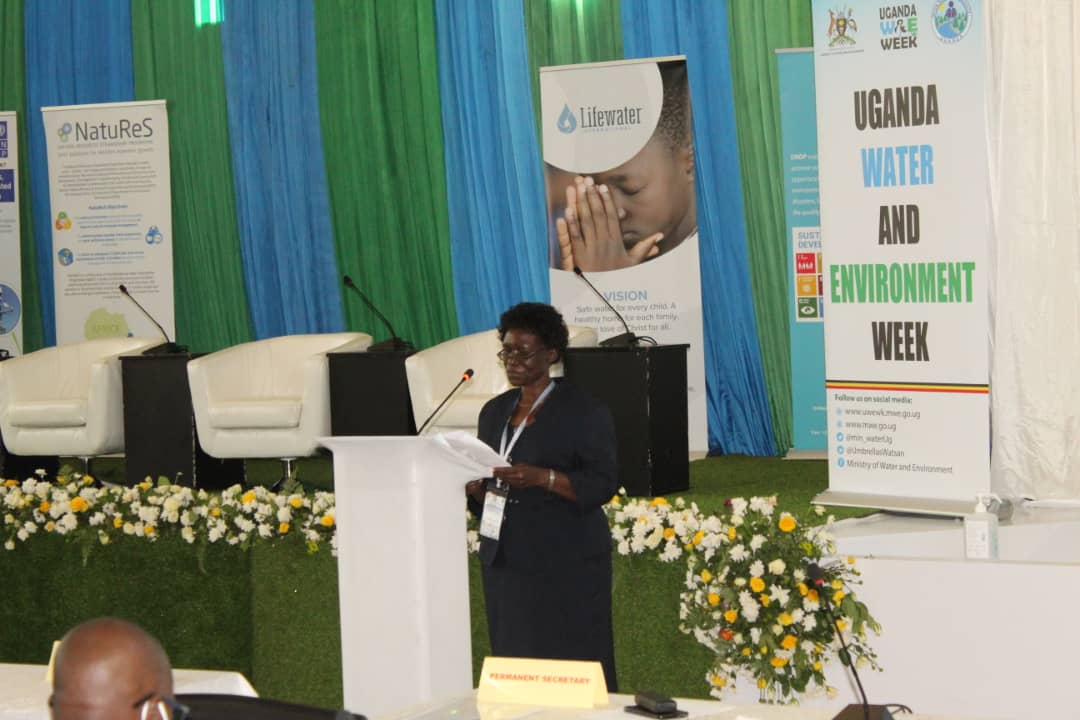
Dr. Adong
It is estimated that Uganda loses 846 km2 of its wetlands annually and the major causes of wetland degradation are poor farming practices, unplanned urbanization and settlements, excessive water abstraction, income poverty, poor intra and inter sector coordination with regards to continued issuance of land titles in wetlands, sand mining and industrialization with some of the demarcated business/industrial parks located in wetlands.
Cheptoris said Well-managed wetlands, river banks and forests make communities resilient to extreme weather events and disasters such as floods, prolonged drought and incidences of water scarcity.
He said the government needs to secure the boundaries of wetlands, river banks and forests and also gazette and strictly protect those that provide critical functions that avert climate change impacts.
“There is need to protect and restore water catchments especially those that have been degraded, remove pressure from wetlands, river banks and forests by creating alternative livelihood options that are economically viable,” he said.
Cheptoris also noted that Uganda has also over the last one year been experiencing rise in water levels of major water bodies and intensive rainfall since September, 2019. These are having very big flooding in several parts of the country due to prolonged and impacts on property, infrastructure and people’s lives.
He said this is due to the increased settlements and developments in flood plains, poor agricultural practices and deforestation.
These have made the soils loose and steep slopes bare and allowed water to move very fast to valleys immediately after rains.
Government is currently implementing measures to manage the perennially occurrence of floods in and around the country.
Cheptoris said plastic has become the most dominant waste in the country both on land and in the water bodies. More than 600 tons of plastic is disposed of each day.
The Director Water Resources Management at the ministry of water Dr. Florence Grace Adong said the water week 2021 is clear that it is intrinsically linked to National Development Plan 3 which focuses on enhancing value addition in key growth opportunities, reduce environmental degradation and the adverse effects of climate change as well as improve utilization of natural resources for sustainable economic growth and livelihood security
She said water and environmental resources are key strategic resources that are vital for sustaining life, promoting development and maintaining the environment.
“We need to remember that there is no activity that can be undertaken where water and environment resources are not involved either as primary inputs or a secondary inputs, for example, access to clean and safe water and improved sanitation facilities and practices are pre-requisites to a health population and therefore have a direct impact on the quality of life and productivity of the population.” she said.
Adong said Besides domestic water supply, water is also vital for: Livestock Water Supply, Industrial Water Supply, Hydropower generation, Agriculture, Marine Transport, Fisheries, Waste Discharge, Tourism, and Environmental Conservation therefore, significantly contributing to the national socio-economic development, although we most of the time take them for granted.
The Ministry of water and environment conducted a study a few years ago on the economic contribution of water and environment to the economy. The study clearly demonstrates the importance of water and environment resources to Uganda’s development aspirations.
The study noted that substantial investments in environmental management and water resources are required to triple Uganda’s water delivery levels, an essential contribution for the country’s economy to meet its Vision 2040 growth targets.
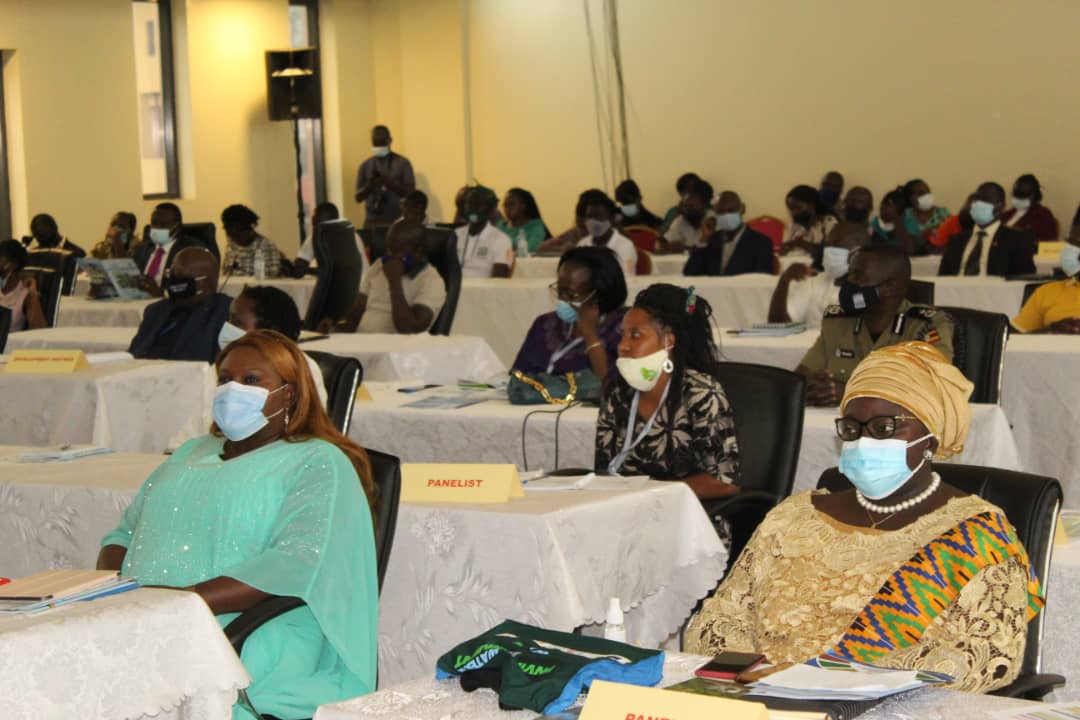 The UN Resident Coordinator Rosa Malango, said governments must pursue green industrialization, green agri-business, renewable energy, and environment friendly health care and tourism, invest in community participation in disaster preparedness and heritage tourism should lead the way by showcasing the cultural kingdoms, their sites and the values around conservation.
The UN Resident Coordinator Rosa Malango, said governments must pursue green industrialization, green agri-business, renewable energy, and environment friendly health care and tourism, invest in community participation in disaster preparedness and heritage tourism should lead the way by showcasing the cultural kingdoms, their sites and the values around conservation.
She says the new global data shows that more than 1.4 billion people including over 450 million children live in areas of high or extremely high-vulnerability to water.
This means that globally, 1 in 5 children do not have enough water to meet their daily needs. Climate change is making water insecurity worse. When disasters hit, they destroy or contaminate entire water services, increasing the risk of diseases like cholera and typhoid, to which children in Uganda are particularly vulnerable
“With the advent of COVID-19, access to water and sanitation has become essential to mitigate the spread of the disease. Ensuring affordable and smart solutions for households, parishes and districts across this nation is key in achieving sustainable development. A holistic approach calls on us to value water sources, water infrastructure, water services, water as an input for production and socio-economic activity as well as water as part of our cultural and spiritual heritage,” Malango said.
She appreciate the working relationship between the Government, Parliament, United Nations, development partners, civil society and private sector in supporting the climate change and natural resources agenda in the Country.
The theme for the fourth Uganda Water and Environment week is “Water and Environment security for socio-economic transformation of Uganda”. I also note that this event is being celebrated under four sub-themes namely a) Valuing Water and Environment resources for socioeconomic transformation of Uganda) Water and Environment in a creative economy ???? Managing Water and Environment shocks) and Water and Environment security for smart urban growth.


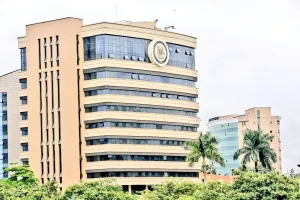



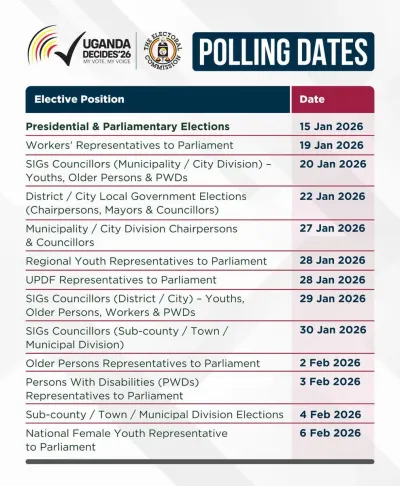







Muhamadi Byemboijana
Leave a Comment
Your email address will not be published.